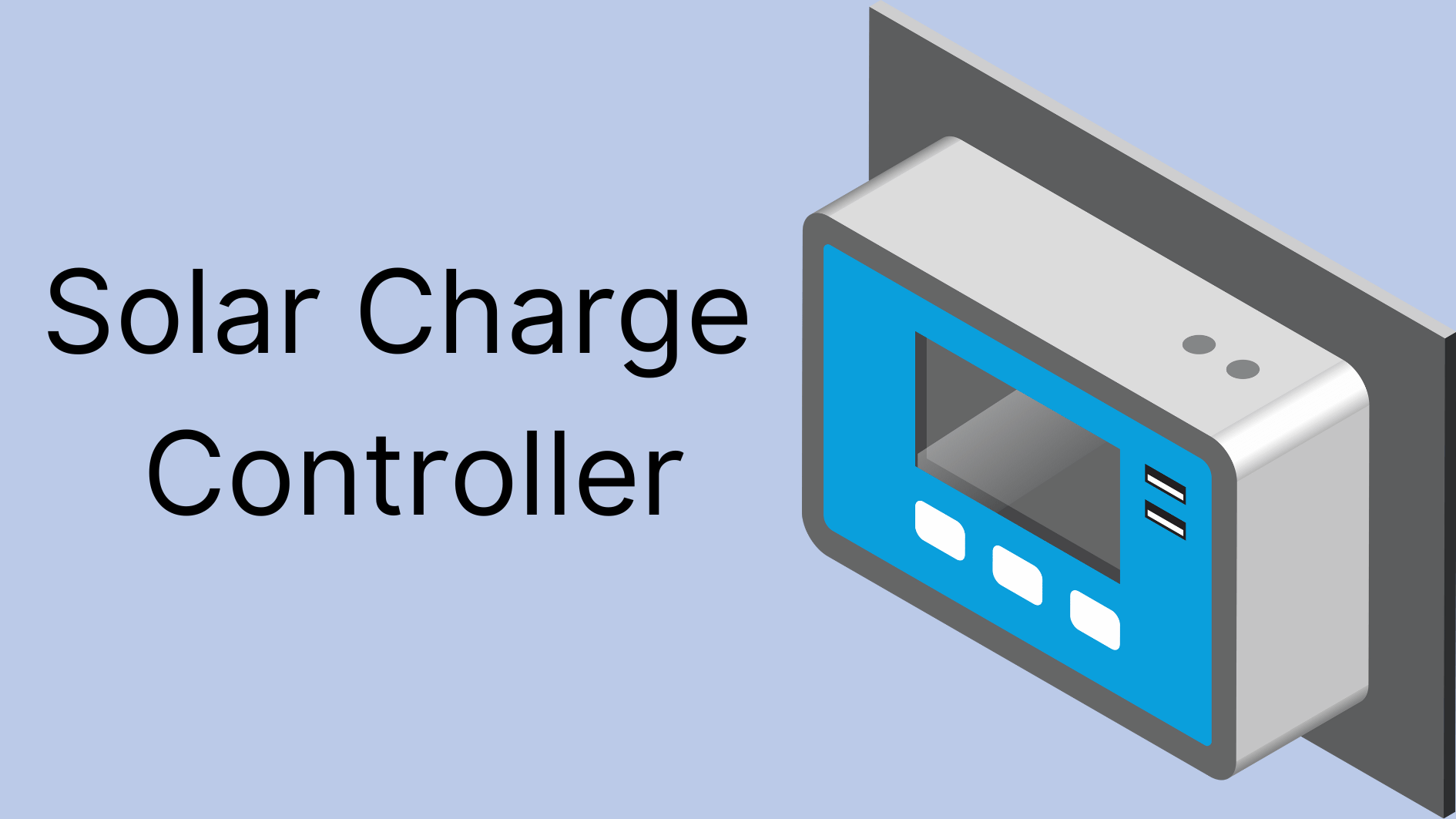Image source: Canva.com
Solar energy systems are becoming increasingly popular as more people seek sustainable and cost-effective ways to power their homes and businesses. A critical component of these systems is the solar charge controller, a device that plays a key role in managing the flow of electricity between solar panels and batteries. Understanding what a solar charge controller is and why it’s important can help you make informed decisions about your solar setup.
What Is a Solar Charge Controller?
A solar charge controller is an electronic device that regulates the voltage and current coming from the solar panels to the battery bank. Its primary function is to ensure that the batteries are charged efficiently and safely, preventing overcharging and excessive discharging, which can damage the batteries and shorten their lifespan.
There are two main types of solar charge controllers:
Pulse Width Modulation (PWM) Controllers
PWM controllers are the simpler and more affordable option. They gradually reduce the amount of power going into the battery as it approaches full charge, ensuring that the battery is not overcharged. PWM controllers are effective for smaller solar systems where cost is a major consideration.
MPPT controllers are more advanced and efficient than PWM controllers. They optimize the power output from the solar panels by constantly adjusting the input voltage to match the battery’s needs. This allows the system to extract the maximum possible power from the solar panels, especially in conditions where the sunlight is less than ideal. MPPT controllers are typically used in larger, more complex solar systems.
Maximum Power Point Tracking (MPPT) Controllers
Why Are Solar Charge Controllers Important?
Battery Protection
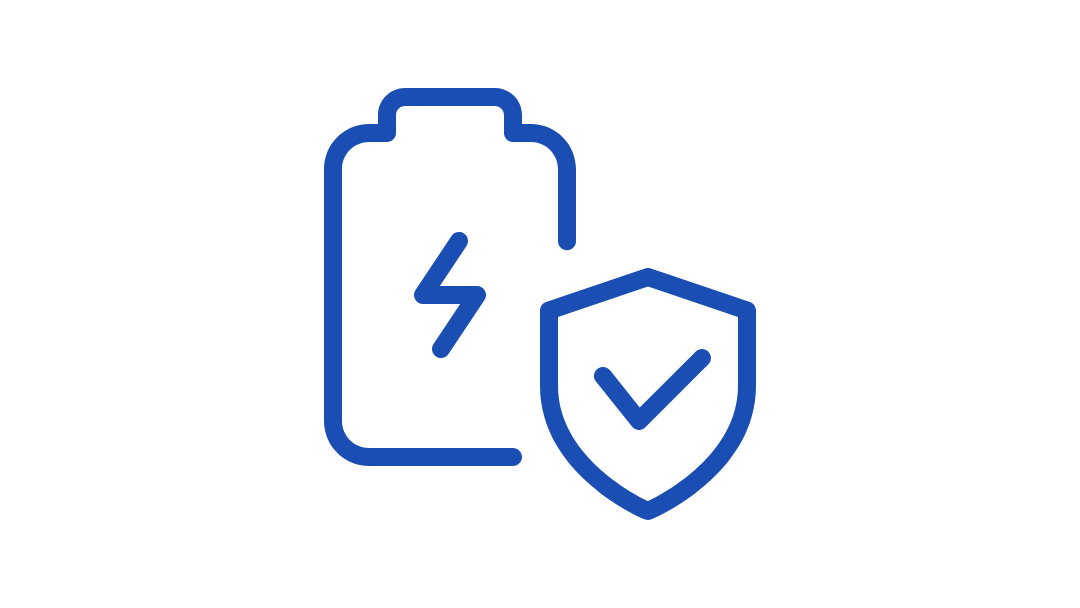
The primary purpose of a solar charge controller is to protect the batteries in your solar system. Batteries are a significant investment in any solar setup, and proper maintenance is crucial to ensuring their longevity. Overcharging a battery can cause it to overheat, leading to reduced capacity, potential leakage, or even complete failure. Similarly, allowing a battery to discharge too much can cause irreversible damage. A solar charge controller prevents these issues by regulating the charge cycles, thereby extending the life of your batteries.
A solar charge controller ensures that your solar panels and batteries operate at their peak efficiency. In particular, MPPT controllers can significantly improve the efficiency of your solar system by optimizing the power output from the solar panels. This means you get more energy from your panels, even in less-than-ideal conditions, such as cloudy days or when the panels are not perfectly aligned with the sun.
System Efficiency
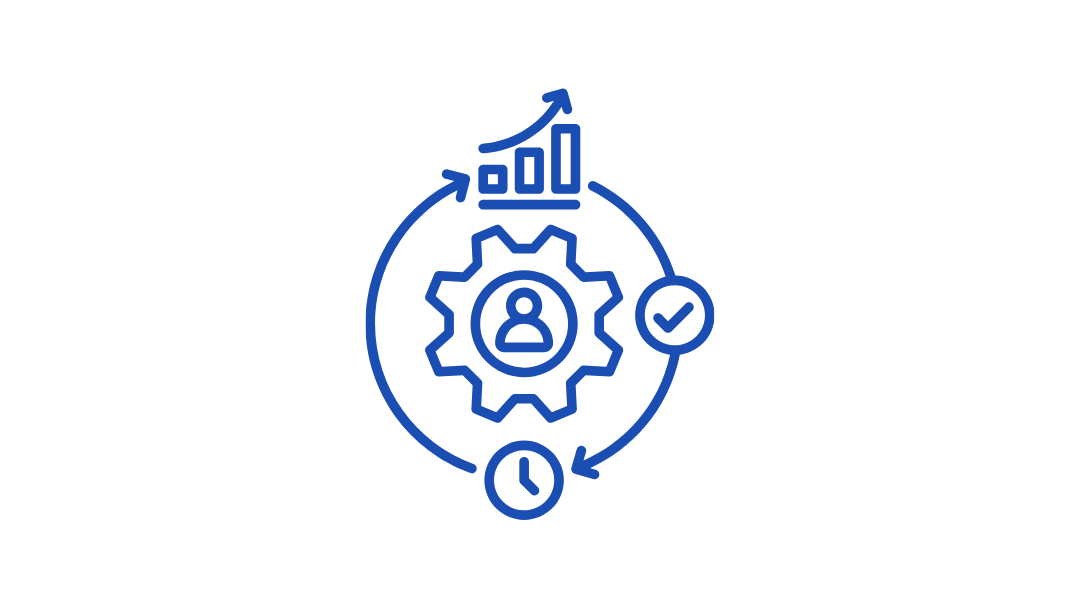
Safety
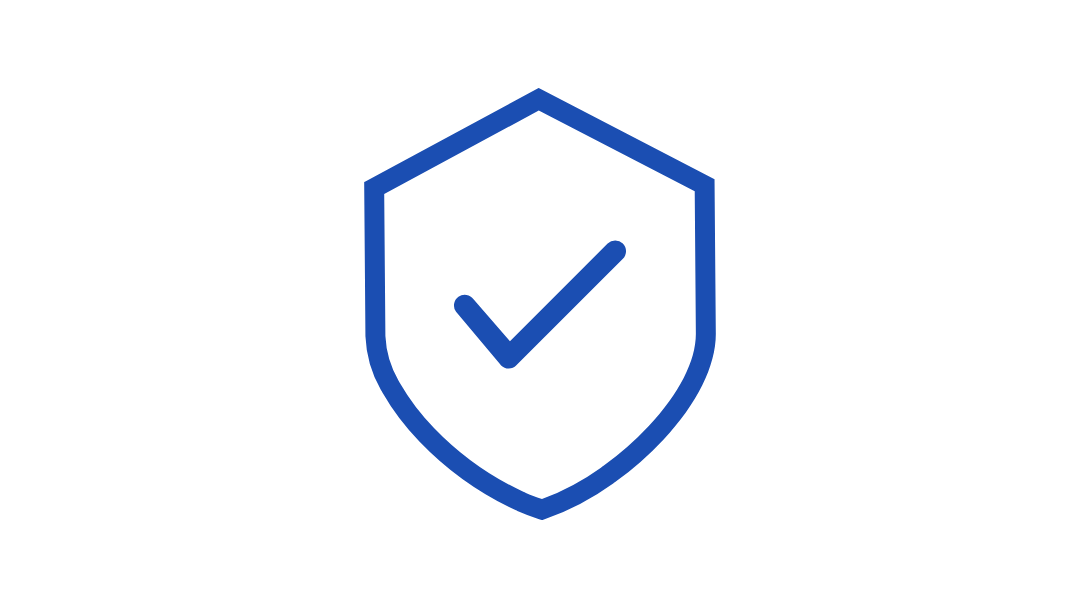
Solar charge controllers include various safety features that protect your system from potential damage. These features often include protections against overcharging, over-discharging, short circuits, and reverse polarity (incorrect connection of the battery terminals). These safety mechanisms are vital in preventing electrical hazards and ensuring that your solar system operates safely and reliably.
Many modern solar charge controllers come equipped with monitoring capabilities, allowing you to track the performance of your solar system in real-time. This can include data on battery voltage, current, and temperature, as well as information about the power being generated by the solar panels. Monitoring your system helps you identify any issues early on, ensuring that your solar setup continues to operate efficiently and effectively.
System Monitoring
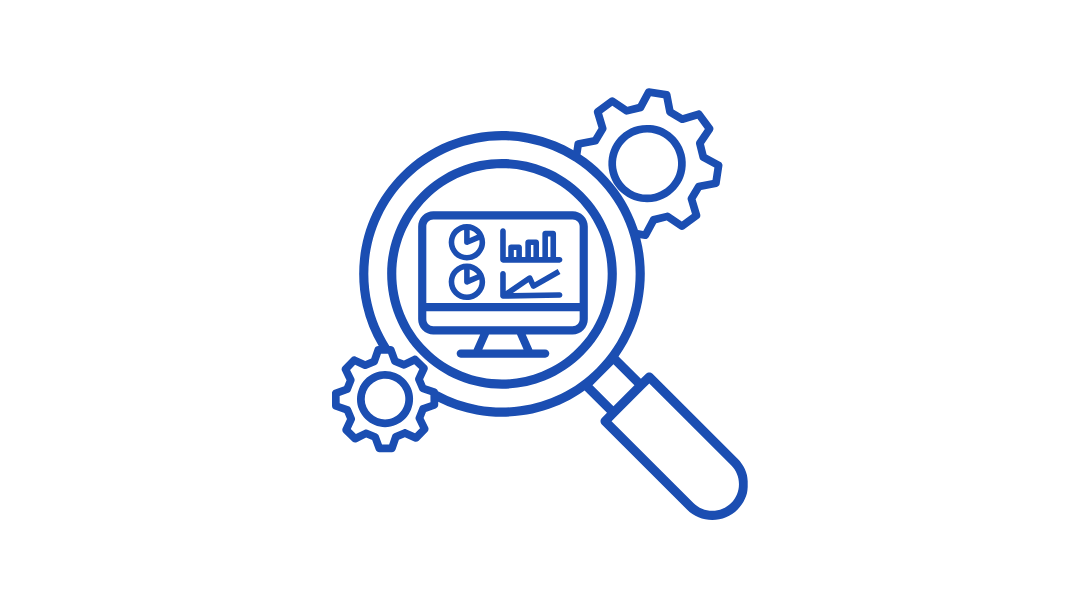
Choosing the Right Solar Charge Controller
Selecting the right solar charge controller for your system depends on several factors, including the size of your solar array, the type of batteries you are using, and your overall energy needs. Here are some considerations to keep in mind
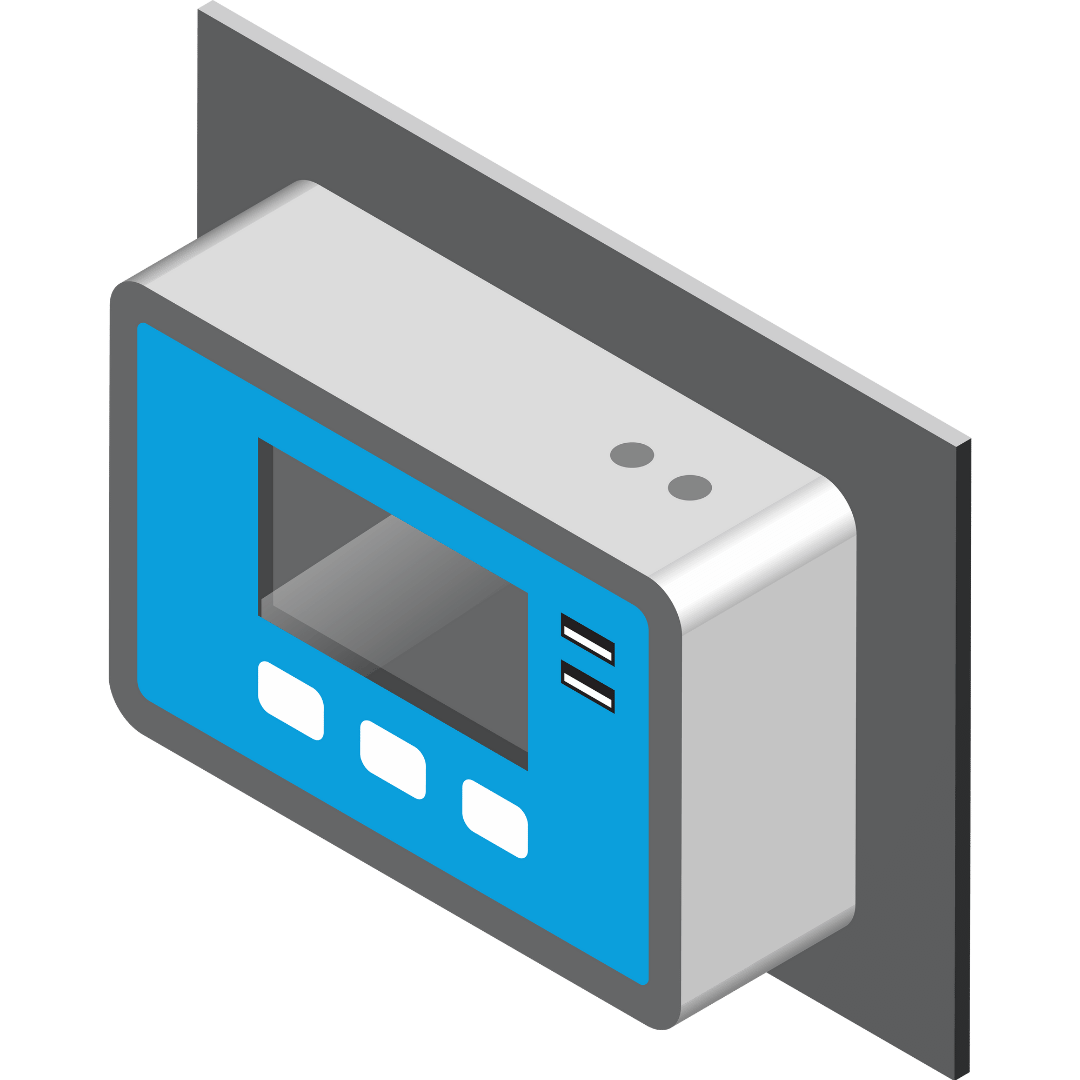
System Size
For smaller solar systems, a PWM controller may be sufficient, especially if cost is a major factor. However, for larger systems, an MPPT controller is usually the better choice due to its higher efficiency and better performance under varying environmental conditions.
Battery Type
Different types of batteries (such as lead-acid, lithium-ion, or gel) have different charging requirements. Ensure that the solar charge controller you choose is compatible with the type of battery you are using. Some controllers can be programmed to suit various battery types, offering more flexibility.
Voltage Compatibility
Make sure that the solar charge controller is compatible with the voltage of your solar panels and battery bank. Mismatched voltages can lead to inefficient charging or even damage to your system components.
Monitoring Features
If you want to keep a close eye on your system’s performance, look for a solar charge controller with built-in monitoring capabilities. Many modern controllers offer digital displays or can connect to apps for remote monitoring.
A solar charge controller is a vital component of any solar energy system, serving as the bridge between your solar panels and battery bank. By regulating the flow of electricity, it protects your batteries from damage, improves system efficiency, and ensures the overall safety of your solar setup. Whether you’re installing a small residential system or a larger commercial array, choosing the right solar charge controller is crucial to maximizing the performance and lifespan of your investment. With the right controller in place, you can enjoy the benefits of clean, renewable energy for years to come.


